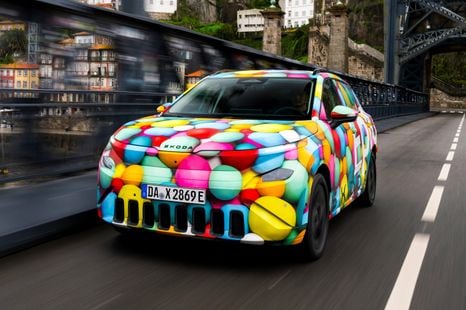

Dave Humphreys
2027 Skoda Epiq review: Quick drive
2 Hours Ago
Why should someone in Victoria pay significantly more for the pleasure of owning an EV than someone in the ACT?

Senior Contributor
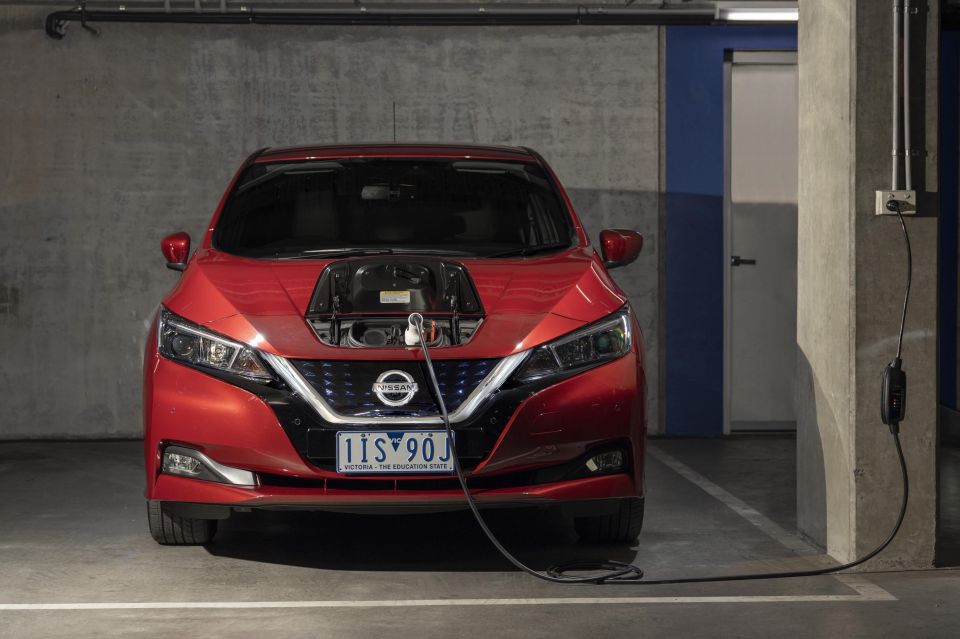

Senior Contributor
If the past week has told us anything, it’s that Australian legislators have no unified idea how to handle the rollout of electric vehicles (EVs), and that genuine tax reform is all too hard to execute.
This month we’ve seen the state governments of Victoria and South Australia propose mileage taxes specific to people driving electrified cars – in lieu of fuel excise.
Fuel taxes are a major source of federal (and by extension upon allocation, state) revenue. Both the increasing fuel efficiency of combustion vehicles and the growing range of EVs that don’t use excised fuel at all, are reducing the amount of revenue raised.
The context in which these announcements came drew industry-wide ire, because countries around the world – the latest being the UK, led by a conservative government – are actively pursuing a path of phasing out combustion vehicles, instead of taxing their greener alternatives.
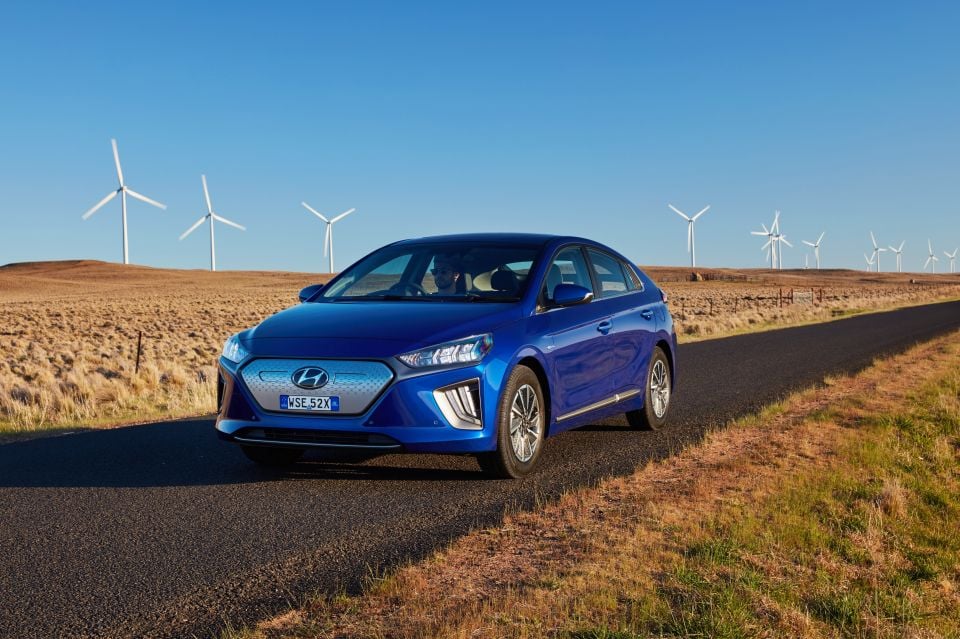
But what’s weirder to me than this is the lack of consistency within little old Australia itself.
At the same time as Victoria and SA have flagged their plans, the Australian Capital Territory (ACT) government has moved in the opposite direction, offering subsidies to encourage adoption of zero-emissions vehicles.
EV buyers in the ACT will soon qualify for up to $15,000 in interest-free loans, and will receive two years of free registration on their vehicles. These moves would not be out of place if the ACT were a country in Europe or Asia.
The strange reality is that Australians will increasingly occupy a country where the economic rationale for buying an EV is highly contingent on which part of this sunburned land you call home. That is just odd.
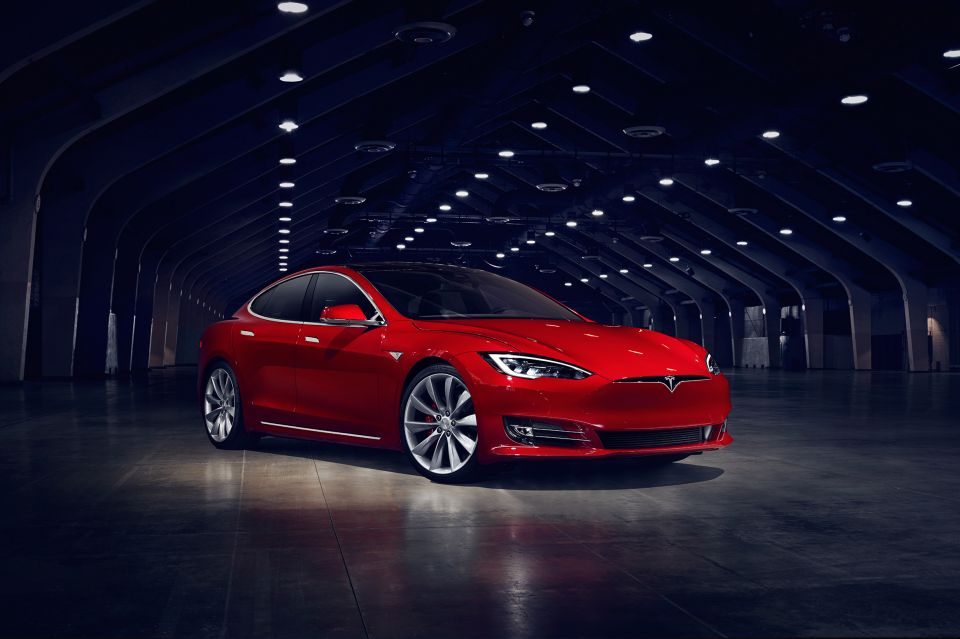
Doesn’t it at heart demonstrate the need for a unified national policy around EV uptake like those proposed elsewhere? Why should the specific user case around buying an EV be so variable?
The argument around introducing real reform to the road funding model is not new. It’s not hard to find years-old recommendations that existing government taxes in this area be replaced by direct charging that reflects each user’s own consumption of the network.
But what we see here is a patch, applied strictly to a niche. A punishment imposed on people looking to move away from fossil fuels.
Car buyers are already bewildered by variability. When calculating the price you pay for a new car, differing state taxes already apply.
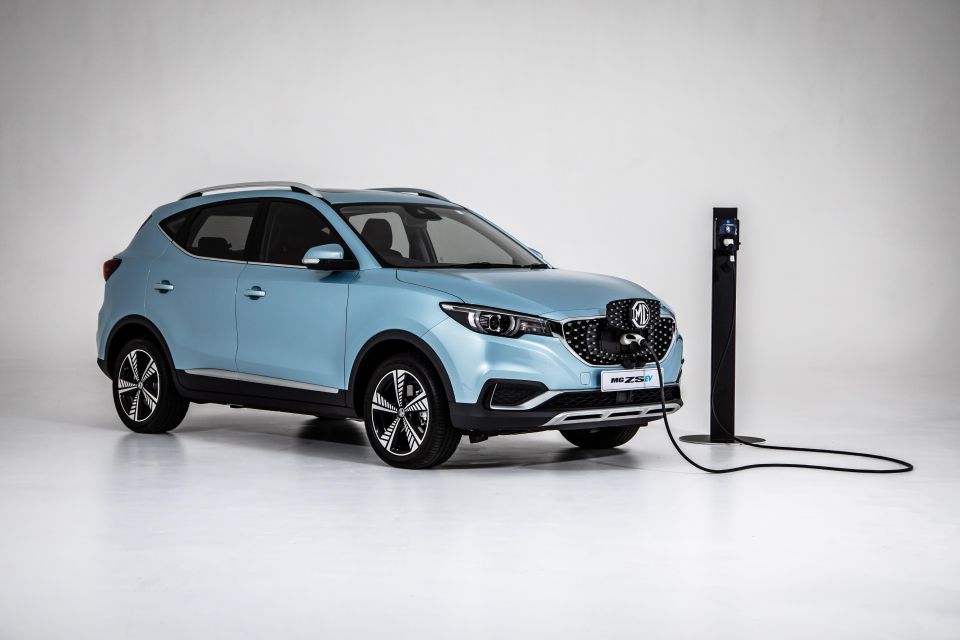
That’s why a Tesla Model 3 Performance costs $101,874 drive-away in NSW, or $99,523 just over the border in Queensland. It’s also why when you go to price-up a new HiLux SR5 on Toyota’s website, you pay $64,356 drive-away in Melbourne and $66,761 in Perth.
Identical car, divergent prices depending on where you call home.
If there’s no prospect of a cohesive national strategy around how to actually fund roads in a zero-emissions-vehicle future, an already weird situation will widen in scope even further.
Under the proposed Victorian model, a person driving the average 15,000km per year in an EV will be slugged $375 in bespoke mileage tax – putting aside for a moment the myriad complexities of how to monitor this, and extract such information efficiently.
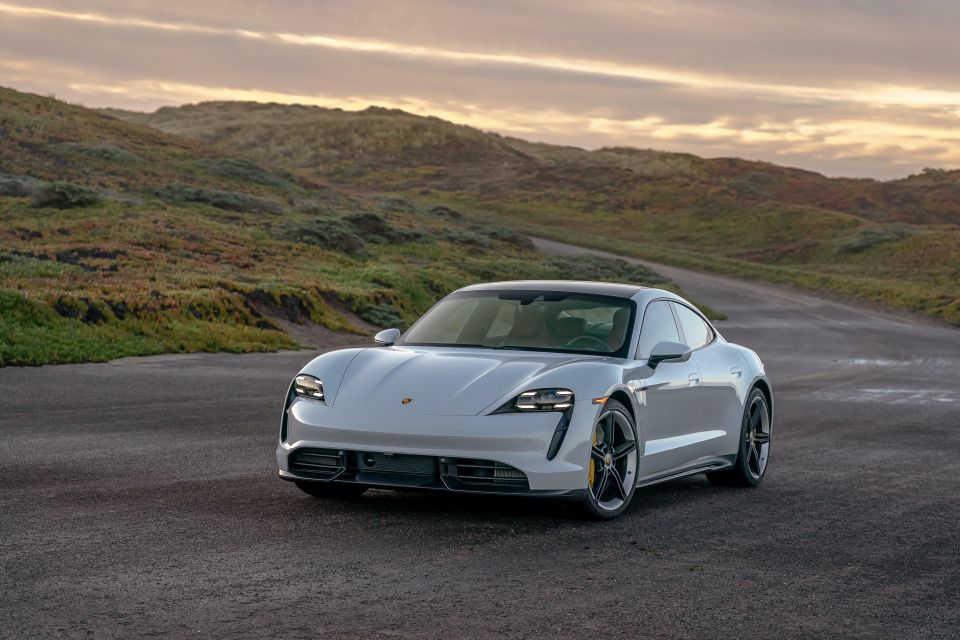
In the ACT, a person who behaves identically in their EV will instead avoid paying state rego entirely for two years, saving somewhere in the vicinity of $2000. On top of this, they’ll avoid charges should they take-up the option of a no-interest loan.
What does this mean for car buyers, and car brands planning to roll out more and more EVs? More confusion, more complex, mixed and muddled signals.
It’s why the only answer to this problem is to insist on a federal approach that works out how to either encourage – or at least not actively discourage – EVs while defining more effective ways to fund infrastructure.
Ideological standpoints aside, the state-specific model whereby Mike in Melbourne pays way more to own and operate a $50,000 Nissan Leaf than Carl in Canberra is absurd. For a country of 25 million people, a little EV unity can’t be that hard to stomach, can it?


Dave Humphreys
2 Hours Ago

Damion Smy
4 Hours Ago
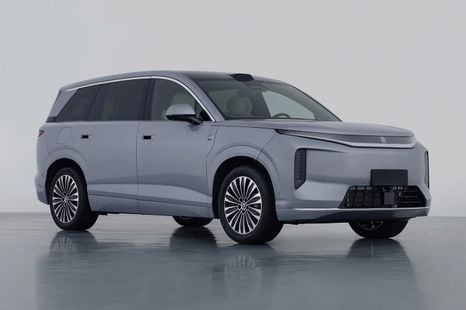

William Stopford
4 Hours Ago


CarExpert
5 Hours Ago
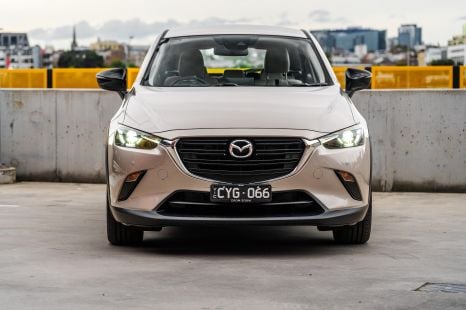

William Stopford
6 Hours Ago
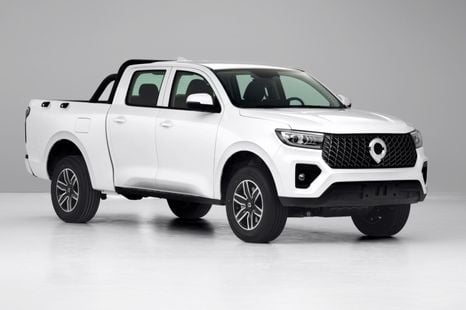

Damion Smy
7 Hours Ago
Add CarExpert as a Preferred Source on Google so your search results prioritise writing by actual experts, not AI.